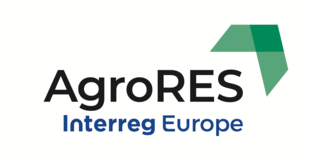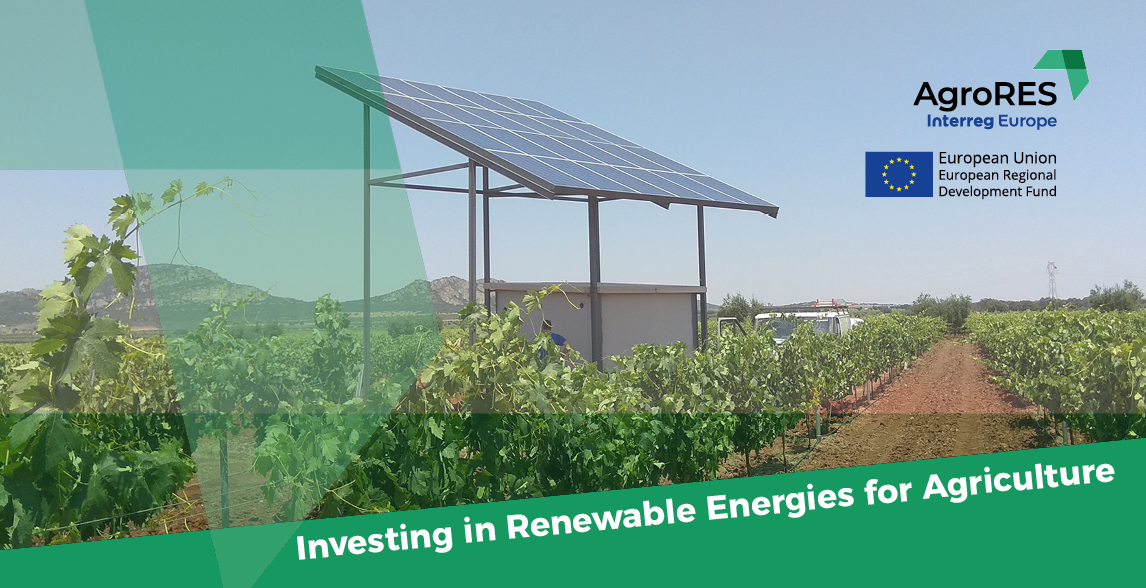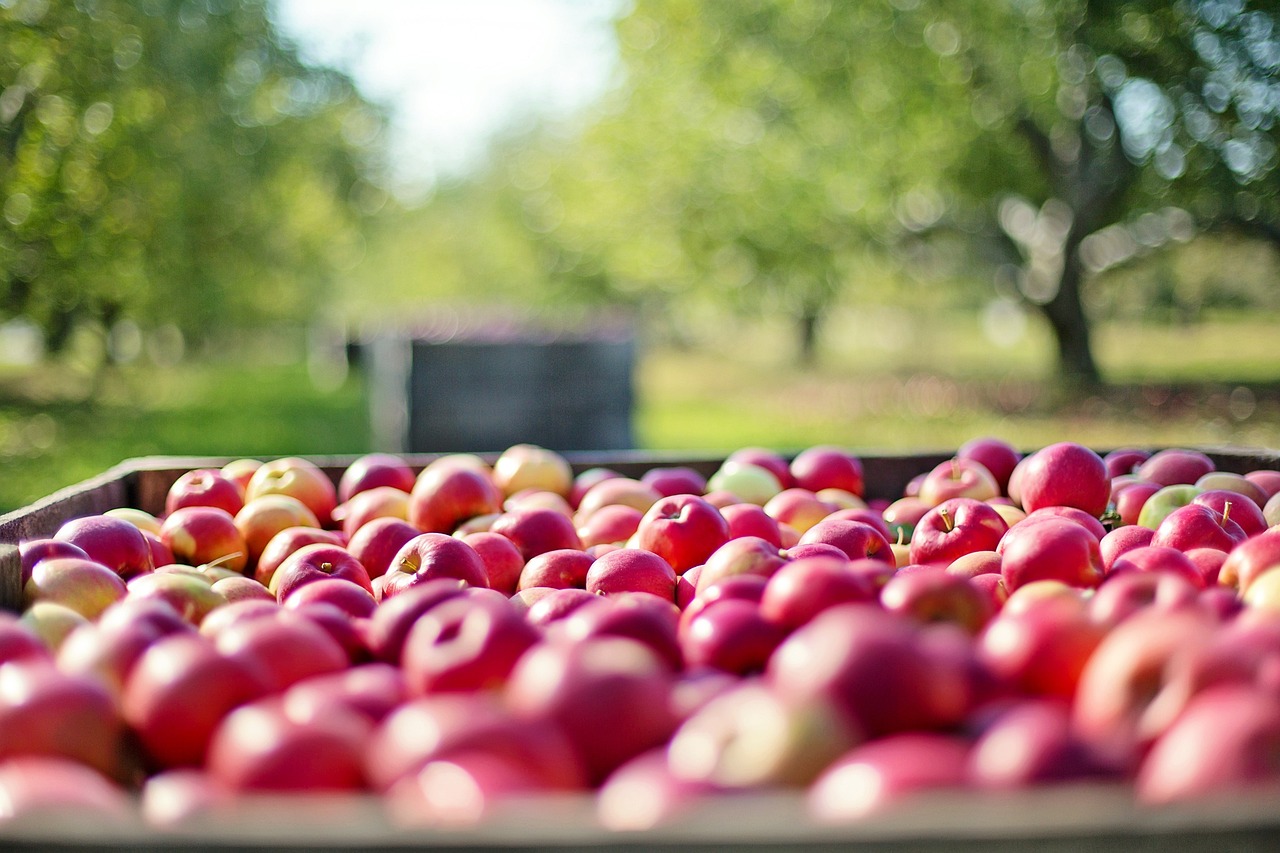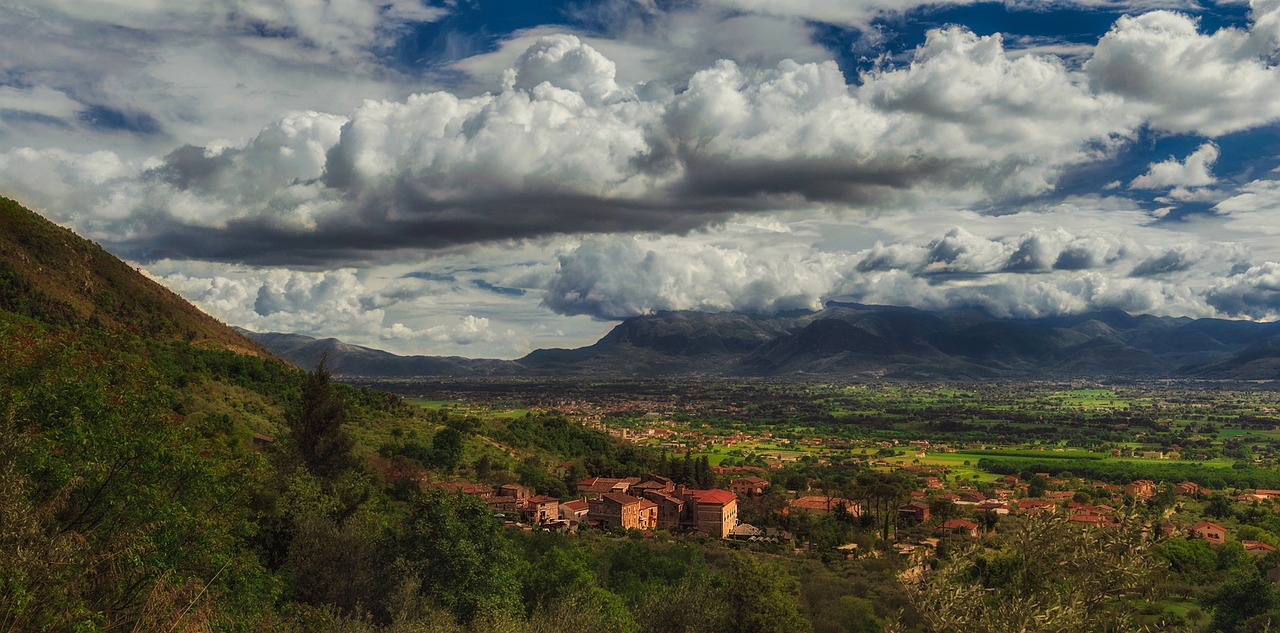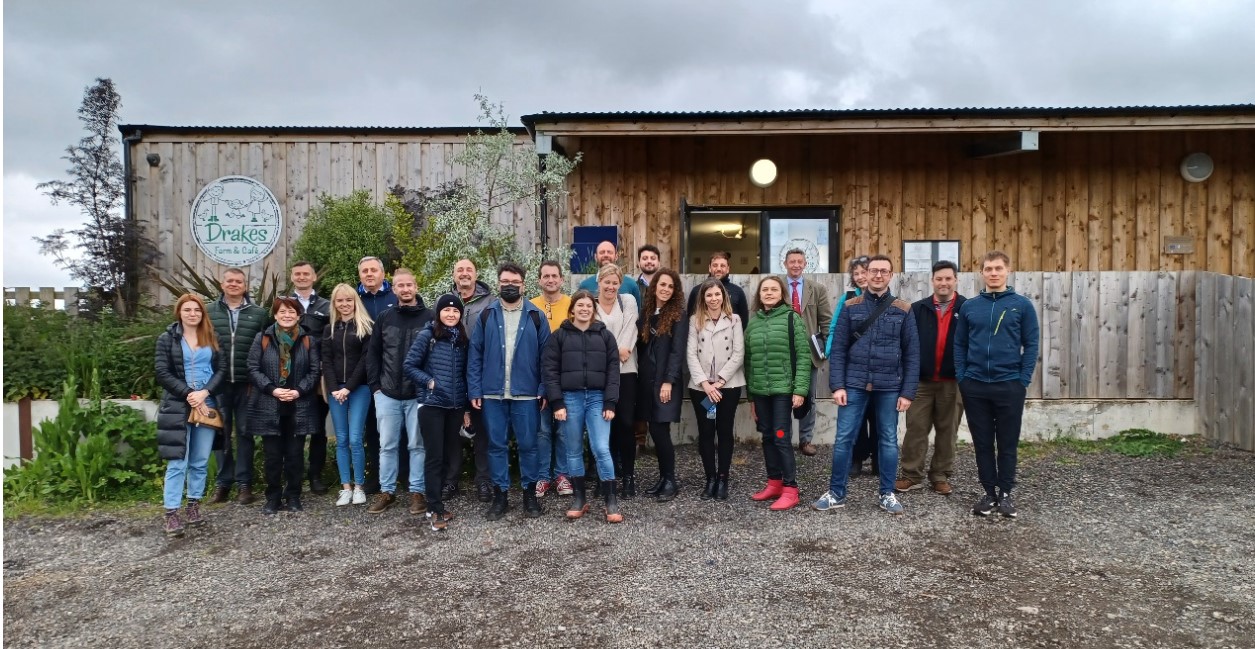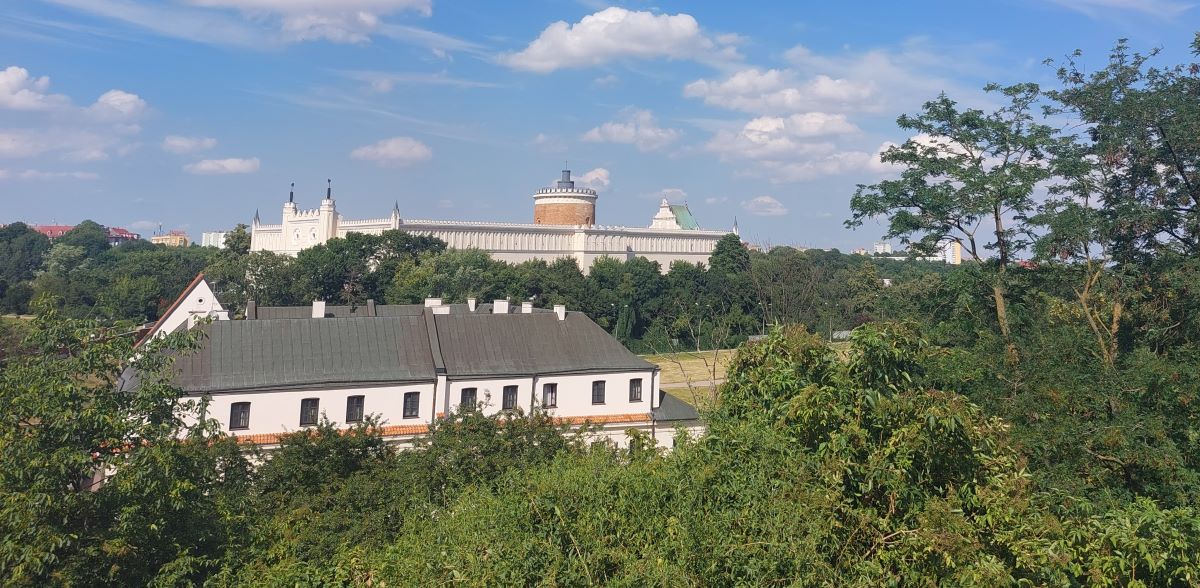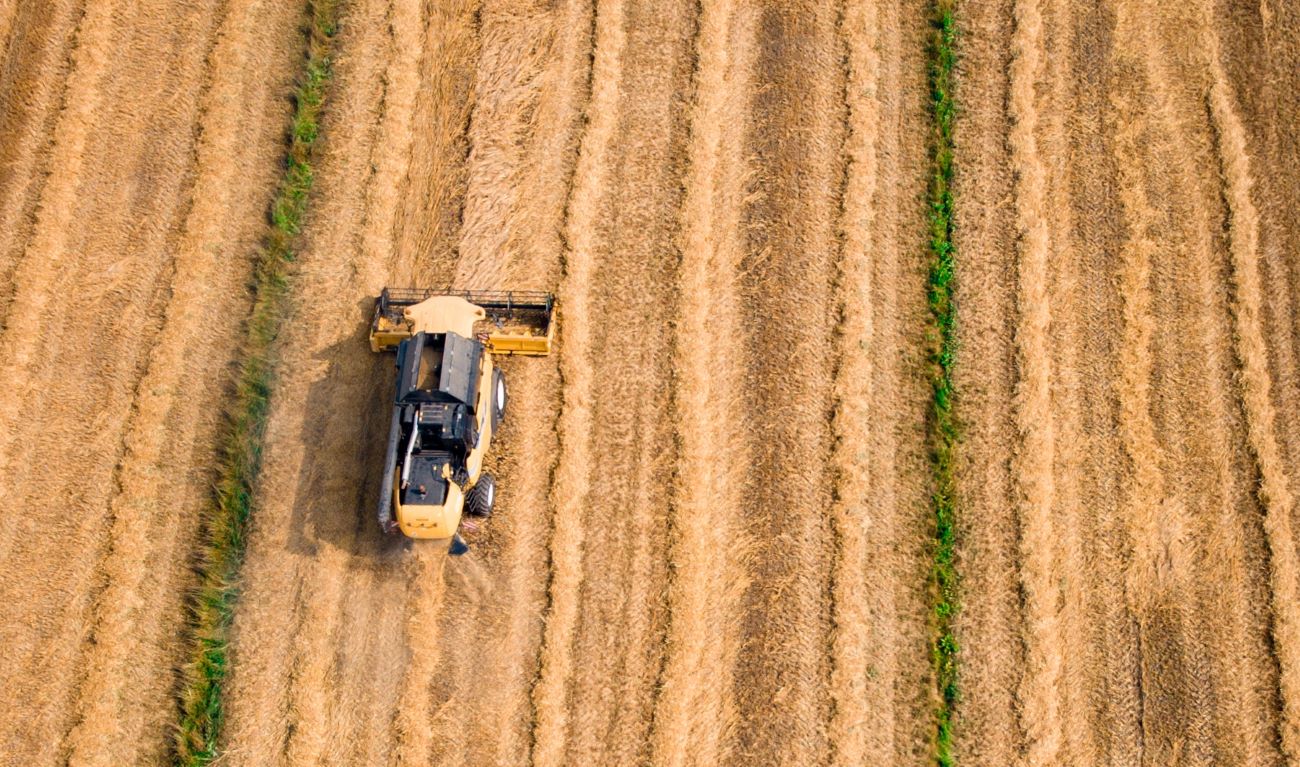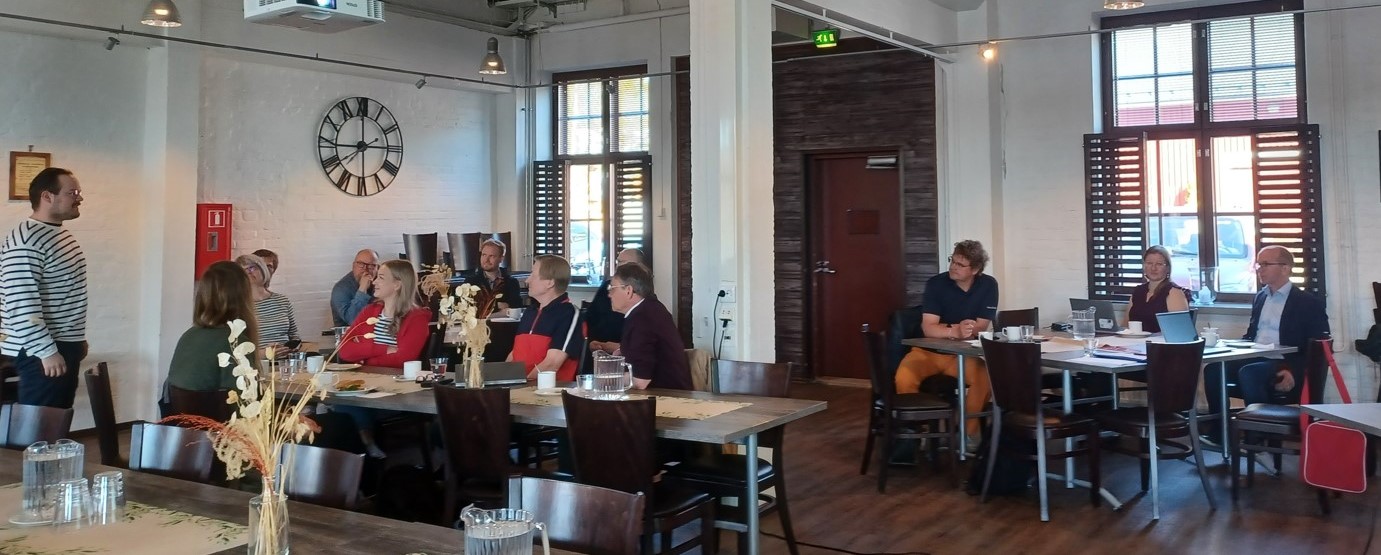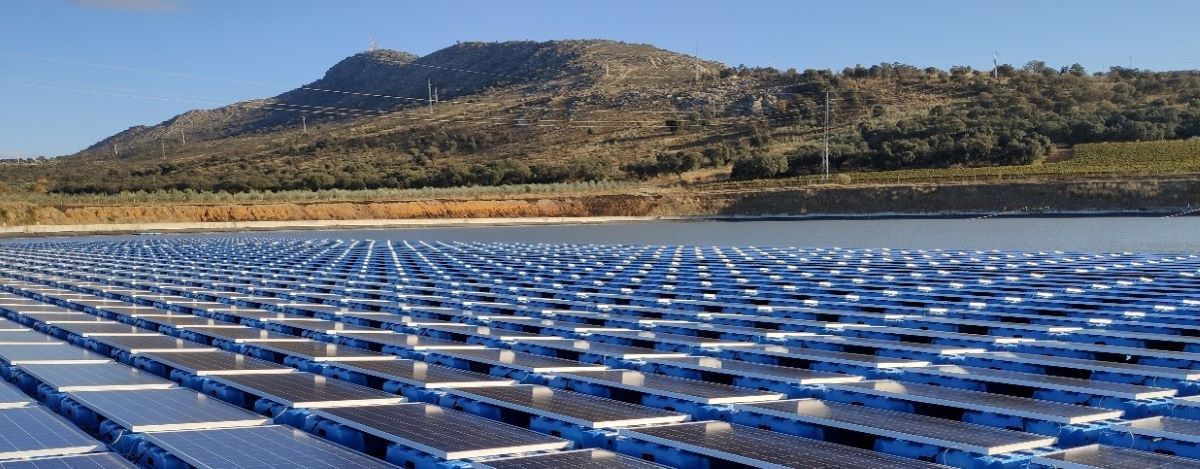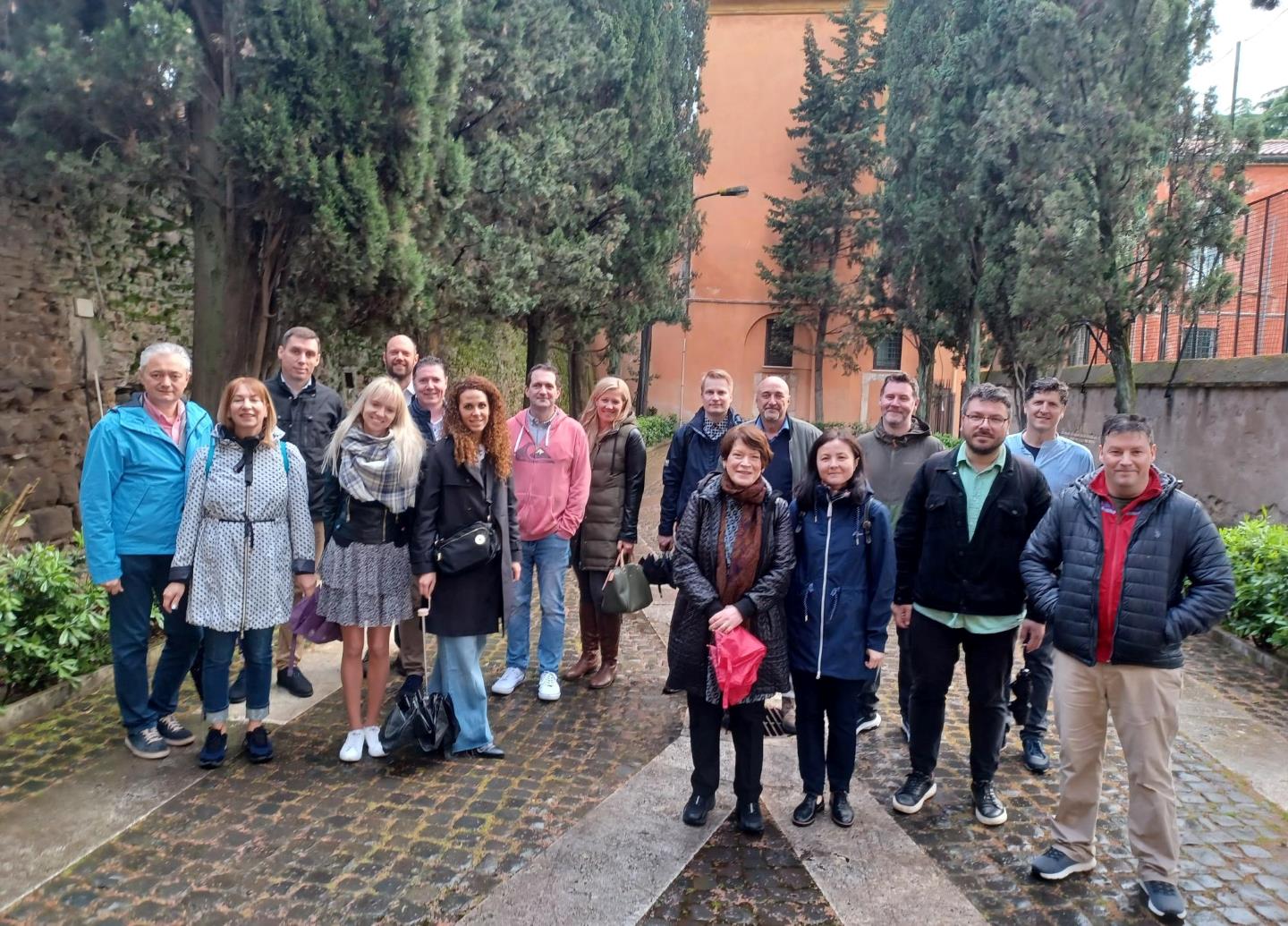 The Regional Council of North Karelia is regional, politically guided, municipal coalition for the development and interest supervision in North Karelia, Finland. It is responsible for regional planning and general coordination of regional development programs related to national and EU structural funds. The Council oversees the interests of the people, municipalities, organizations and enterprises and speaks on their behalf regarding both national and international questions.
The Regional Council of North Karelia is regional, politically guided, municipal coalition for the development and interest supervision in North Karelia, Finland. It is responsible for regional planning and general coordination of regional development programs related to national and EU structural funds. The Council oversees the interests of the people, municipalities, organizations and enterprises and speaks on their behalf regarding both national and international questions.
North Karelia aims to be a fossil oil free region by 2030 and it is committed to an 80% reduction in greenhouse gas emissions from 2007 levels by 2030. It is the first region in Finland to apply for a membership in Carbon Neutral Municipalities and Regions network.
 Between 2007 and 2018, total greenhouse gas emissions in North Karelia reduced by 27,8% of which greenhouse gas emission from separate oil heating decreased by 49%, from electric heating by 55% and from machinery and industry by 8% which includes for example oil usage in agriculture (machines and grain drying). In 2018 the share of renewable energy in the region was 67% from primary energy consumption which was higher than the national target for 2020 (38%).
Between 2007 and 2018, total greenhouse gas emissions in North Karelia reduced by 27,8% of which greenhouse gas emission from separate oil heating decreased by 49%, from electric heating by 55% and from machinery and industry by 8% which includes for example oil usage in agriculture (machines and grain drying). In 2018 the share of renewable energy in the region was 67% from primary energy consumption which was higher than the national target for 2020 (38%).
Although North Karelia’s RES contribution surpasses that of many other Finnish regions, agricultural sector has been slowing down the process of reaching regional climate and energy targets. In 2017, agriculture accounted for 22% of the region’s CO2 emissions. Therefore, usage of renewable energy in agricultural practices should be encouraged. The forest-rich region has a lot of potential and know-how in the use of forest-based biomass for energy production. This could be one of the solutions for agricultural sector as well.
 The Regional Council of North Karelia is responsible for drawing up the Regional Climate and Energy Programme which is one of the sub-strategies of the Regional Development Programme, laying out targets for reduction of GHG emissions, sustainable growth of bioeconomy sector and increasing the share of renewable energy. These are by law the key regional documents that define the funding objectives of main structural fund programmes at regional level. The know-how gained in the AgroRES project will be applied when updating the Climate and Energy Programme. Within the AgroRES project, the Regional Council of North Karelia will create an action plan for Oil-Free Machinery and Agriculture in North Karelia. This action plan will describe in detail how different sectors and stakeholders can support decentralised renewable energy production in agriculture and renewable energy possibilities in machinery. The plan will be co-created with the key regional stakeholders and thus, the stakeholders will be engaged for implementing the proposed activities.
The Regional Council of North Karelia is responsible for drawing up the Regional Climate and Energy Programme which is one of the sub-strategies of the Regional Development Programme, laying out targets for reduction of GHG emissions, sustainable growth of bioeconomy sector and increasing the share of renewable energy. These are by law the key regional documents that define the funding objectives of main structural fund programmes at regional level. The know-how gained in the AgroRES project will be applied when updating the Climate and Energy Programme. Within the AgroRES project, the Regional Council of North Karelia will create an action plan for Oil-Free Machinery and Agriculture in North Karelia. This action plan will describe in detail how different sectors and stakeholders can support decentralised renewable energy production in agriculture and renewable energy possibilities in machinery. The plan will be co-created with the key regional stakeholders and thus, the stakeholders will be engaged for implementing the proposed activities.
Cover photo by: Jarno Artika
Photo at the bottom: Keijo Penttinen
